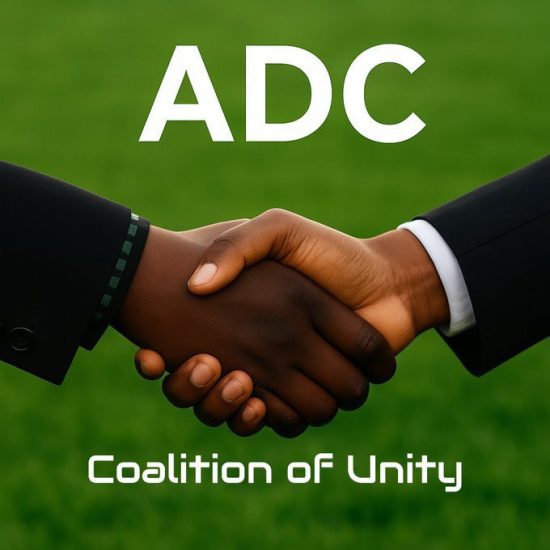In the complex arena of global politics, the actions and rhetoric of political coalitions often reveal deeper ideological divides. The African Democratic Congress (ADC) Coalition in Nigeria has recently come under scrutiny for criticizing President Bola Ahmed Tinubu’s focus on the Palestinian plight during his address at the United Nations. This reaction raises important questions about the coalition’s positioning, its perception of humanitarian crises, and the broader implications of prioritizing one geopolitical issue over another.
The ADC Coalition portrays itself as a voice for the Nigerian people, yet its criticism of Tinubu for highlighting Palestine while Nigeria grapples with banditry and insecurity suggests a dissonance between its self-image and its actions. By framing the President’s stance as misplaced, the coalition risks trivializing the broader moral imperative of advocating for oppressed populations. While such a position may be intended to resonate with domestic frustrations, it oversimplifies the complexities of international relations and the interconnectedness of humanitarian concerns.
The Palestinian struggle has long drawn global attention, with widespread sympathy for their decades-long experience of displacement and violence. Human rights organizations have documented systemic oppression and large-scale civilian suffering in the region. By downplaying Tinubu’s support for Palestine, the ADC risks undermining Nigeria’s historic role in international solidarity and dismissing the legitimacy of global humanitarian advocacy.
Crucially, the prioritization of humanitarian issues is not a zero-sum game. Nigeria’s security challenges are pressing and must be urgently addressed, but acknowledging international crises does not diminish domestic priorities. In a globalized world, the struggles of one community resonate across borders, shaping policy, diplomacy, and public sentiment.
The coalition’s rhetoric may also alienate segments of the Nigerian population, particularly younger generations who are increasingly engaged with global justice issues and view solidarity with Palestine as part of a wider moral responsibility. By casting international advocacy as a distraction, the ADC risks appearing insular and disconnected from these evolving perspectives.
Nigeria has historically played a prominent role in anti-colonial and humanitarian struggles, and it retains the capacity to be a powerful voice on the global stage. President Tinubu’s remarks at the UN, therefore, can be seen not as neglecting Nigeria’s internal crises but as reaffirming its relevance in international discourse. For the ADC, constructive engagement with this balance — rather than outright condemnation — would better serve its credibility.
In conclusion, the ADC Coalition’s critique of Tinubu’s focus on Palestine highlights the tension between domestic grievances and international solidarity in Nigerian politics. While insecurity at home cannot be ignored, dismissing the suffering of Palestinians and global calls for justice narrows the scope of humanitarian responsibility. A more balanced discourse — one that acknowledges both local and global struggles — would enhance the coalition’s relevance and demonstrate a more compassionate and forward-looking vision for Nigeria’s role in world affairs.


